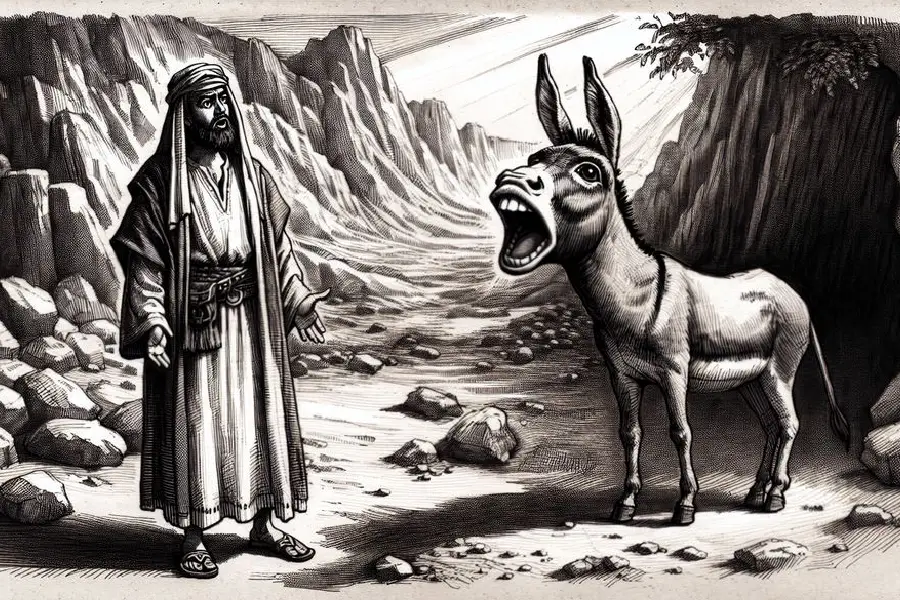
Mem Moment | Fewer Walls and More Tents
Parashat Balak
I don’t know if you’ve ever used a VPN, but they are truly remarkable. In a few clicks, you can watch a show that is only aired in Japan like a Tokyo local, you can avoid regional set-cost discrimination revealing the invisible hand of algorithmic price gouging and in countries with government censorship there are cases of folks using VPNs to share information that is otherwise trying to be suppressed; all without leaving your couch. Without getting too technical, what makes VPNs so incredible is that they help remove the invisible virtual walls that separate cultures and communities from one another and help realize the dream of a digital age. A world where ideas could cross-pollinate and opportunity could blossom in every which corner. When something gets too large, there is fear of losing control and so, over time, there have been attempts to reel in the unbridled force of the online world. VPNs are thus an attempt to swing back and give power back to the people. I mention this, because what VPNs are to the internet, I see in many ways Mem Global is to the physical world. In the last 100 years, Florida’s population has grown by 20x, through immigrant waves and city expansion our state’s population has truly exploded and yet never has isolation and loneliness been more prevalent. There is such starvation for human connection and these invisible barriers block us from bridging those gaps. This is not to say that we don’t find ourselves more susceptible towards tricky situations and challenges, but the erasure of community is far more dangerous than any one of those dangers and I believe it is worth it for us to pursue at great lengths this important mission we are on.
In this week’s portion, Balak, we see three instances of invisible barriers obstructing the Prophet Bilaam’s way. His mission is to understand the inner workings of the Jewish community and his first obstruction comes to him in a dream, where he is told that he cannot proceed, next his own donkey tells him that there is an obstruction in his path and finally he himself finds himself circling the camp, perplexed as to what the barrier to entry is blocking him from gaining access. There are thus three types of obstructions we can find ourselves confronting on our way to creating idealistic pluralistic spaces. The imperceptible blocks in our community may come from a dream source; us not living up to our own ideals. It may be a resource deficiency, or in other words, come from us not having the proper tools or finally it may just be that we ourselves aren’t willing to get out of our beds and take the first step. In the story of Balak, the prophet was blocked because he had an ulterior motive, and so too with VPNs or Mem Global communities, we lend ourselves to being vulnerable when we aspire towards opening up more generous channels of communication and yet there is no greater mission and need than unifying people together when division is so strong. When we do that, through deep introspective reckoning, supporting the resources necessary to make these dreams come true and empowering thousands of emerging leaders to take that first step, we can fulfill the blessing that Bilaam left as his own legacy: “How good are the Jewish tents and the Jewish communal dwellings.”
